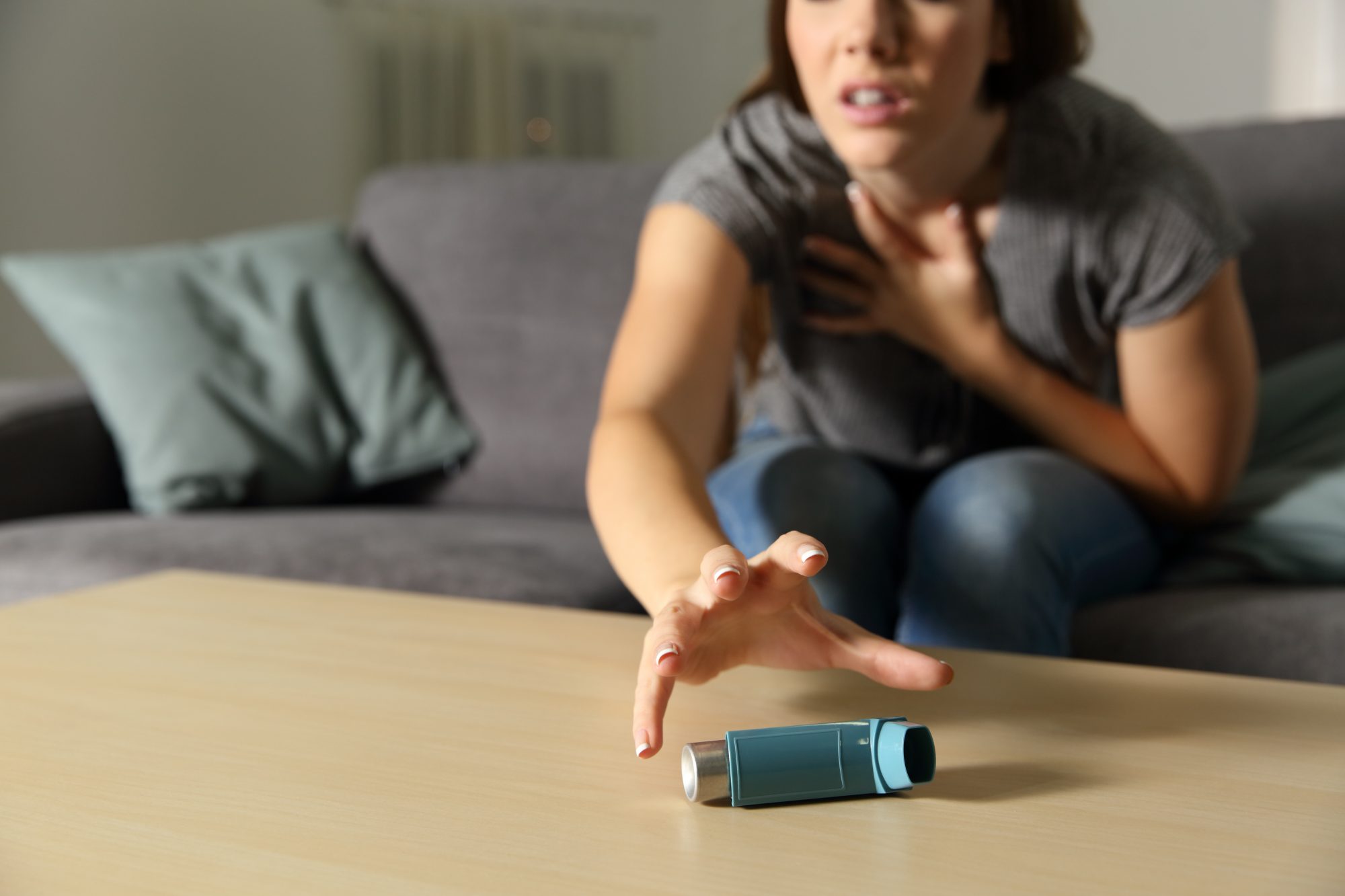Adults suffering from asthma had approximately doubled risk of a severe asthma attack after COVID-19 restrictions were lifted in the UK
According to new research from Queen Mary University of London, severe asthma attacks became much more commonplace following COVID-19.
Episodes of progressive worsening of asthma symptoms, termed exacerbations or asthma attacks, are the major cause of illness and death in this condition. Asthma affects more than 5 million people in the UK and more than 300 million globally.
Symptoms of a severe asthma attack
Symptoms include the following:
- Breathlessness
- Tight chest
- Wheezing
- Coughing
Published in Thorax and presented at today’s British Thoracic Society meeting, the research found an increased risk of these attacks after COVID-19 restrictions were lifted.
Relaxation of restrictions meant fewer people wore face coverings, and there was more social mixing, and subsequently, a higher risk of COVID-19 and other acute respiratory infections. The research also found that COVID-19 was not significantly more likely to trigger asthma attacks than other respiratory infections.
In April 2021, when social mixing restrictions and the need for face coverings started to be relaxed, 1.7% of participants reported having a severe asthma attack in the previous month. In January 2022, this proportion more than doubled, going up to 3.7%.
The study analysed data from 2,312 UK adults with asthma, participating in Queen Mary’s COVIDENCE UK study between November 2020 and April 2022. Monthly online questionnaires collected data on face covering use, social mixing, and asthma symptoms.
Facemasks may protect against severe asthma attacks
Professor Adrian Martineau, lead author of the research and Clinical Professor of Respiratory Infection and Immunity at Queen Mary University of London, commented: “This research shows that relaxation of Covid-19 restrictions coincided with an increased risk of severe asthma attacks.
“Our study was observational, so it can’t prove cause-and-effect. But our findings do raise the possibility that certain elements of the public health measures introduced during the pandemic – such as wearing facemasks – could help in reducing respiratory illnesses moving forward”.
“It is also reassuring to see that COVID-19 was not significantly more likely to trigger asthma attacks than other respiratory infections in our study participants,” added Dr Florence Tydeman, first author on the paper.
The study is the first to compare the influence of COVID-19 versus other respiratory infections on the risk of asthma exacerbations. And it is one of few studies that look at the impact of lifting national restrictions on people with asthma.











